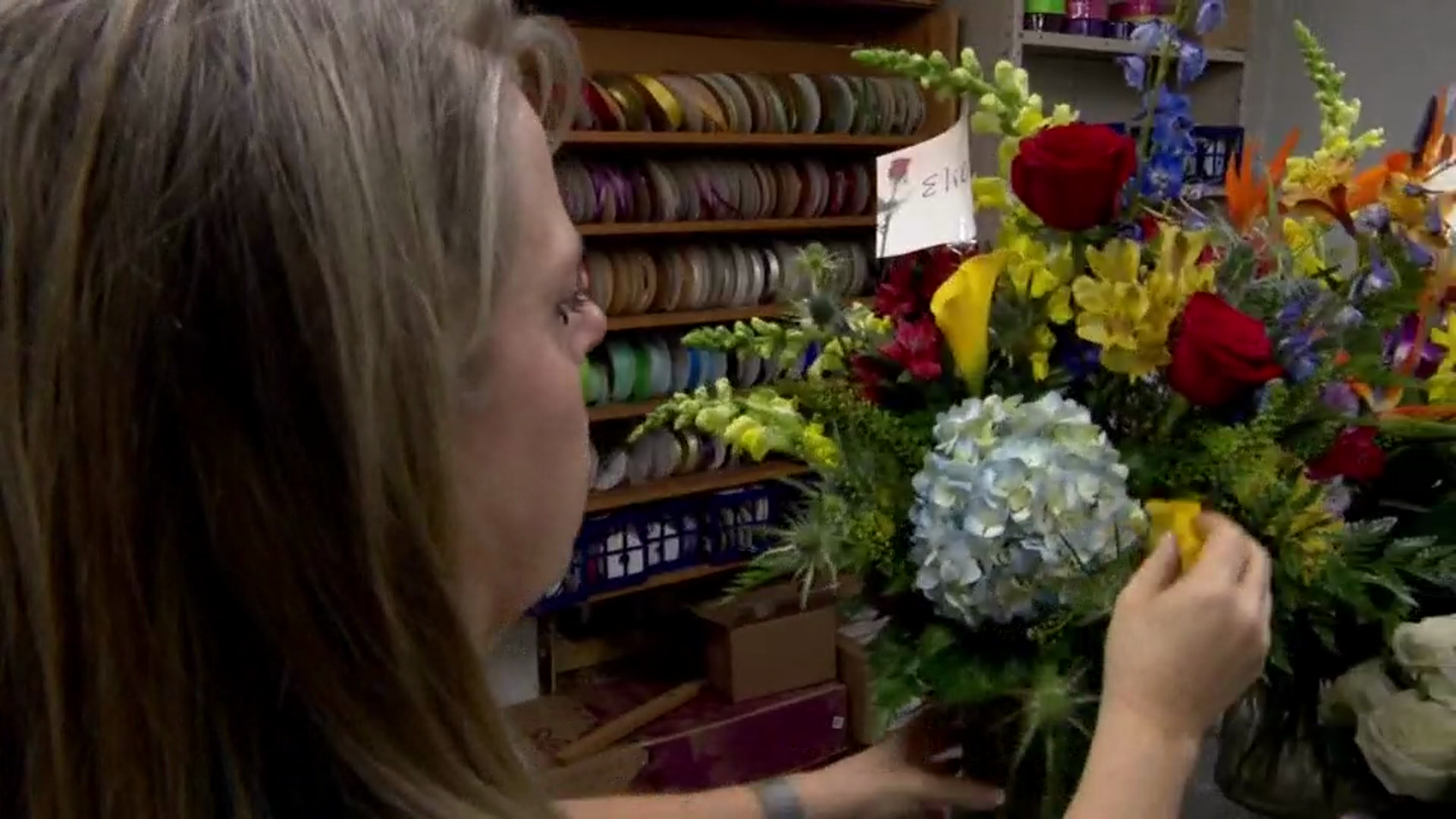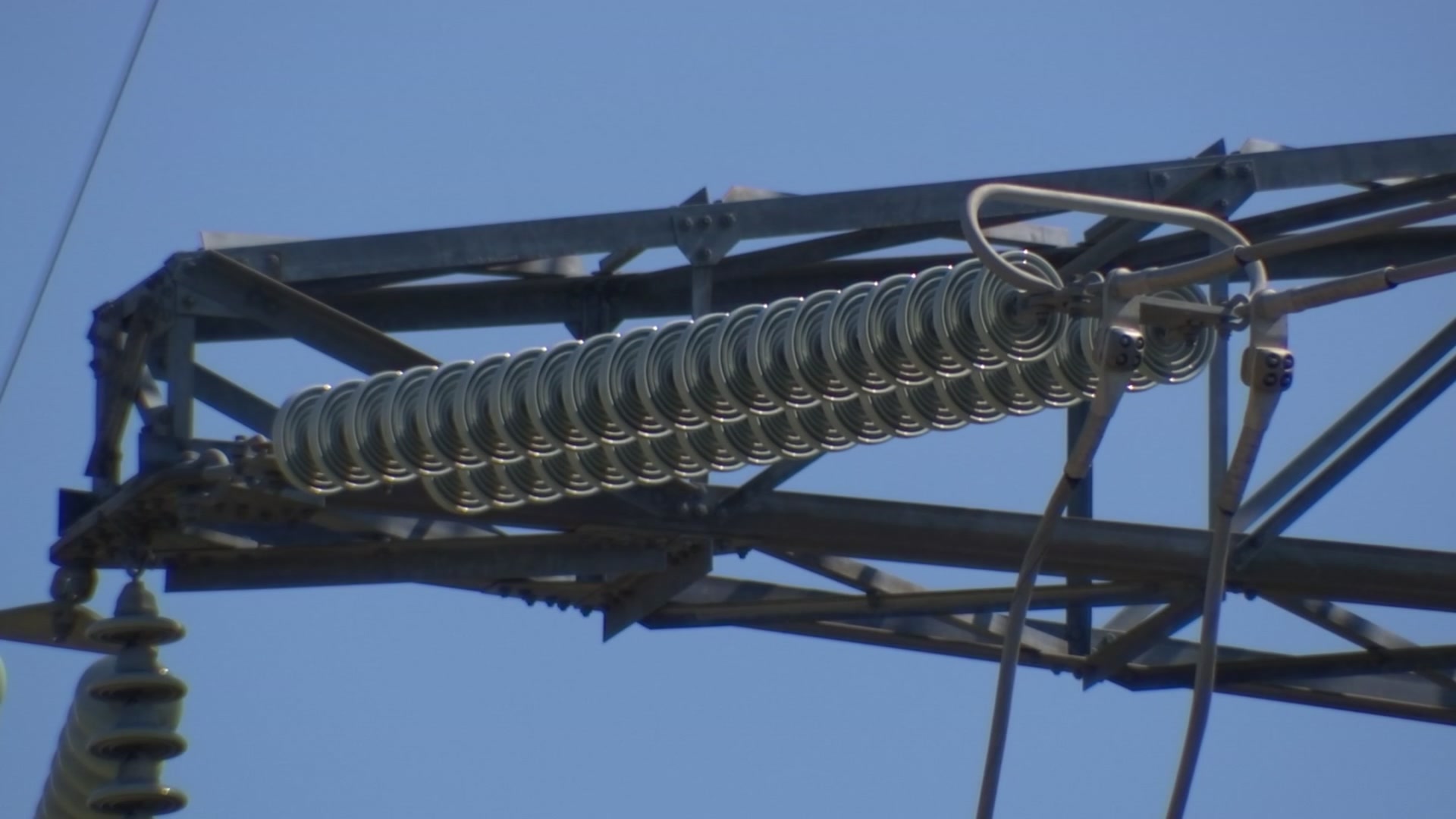Like almost every area in public education, school counselors are stretched thin. They're asked to do more with less.
"Across the mental health spectrum, not only school counselors, but there are shortages in mental health providers. So certainly there's a need for more trained workforce for support for the existing workforce," said Jennifer Akins, the leader counselor in the McKinney ISD and president of the Texas School Counselor Association.
The ratio of counselors to students is somewhat unclear.
The Texas Education Agency says the number of counselors on campus depends on community needs and goals.
Get DFW local news, weather forecasts and entertainment stories to your inbox. Sign up for NBC DFW newsletters.
The Texas Model for Comprehensive School Counseling Programs, Fifth Edition, the guidebook for counselors, says "Without adhering to recommended ratios, it is clear that larger school counselor student caseloads equal less individual attention for students."
An analysis by the Houston Chronicle showed in the 2020-21 school year, 98 percent of public school students attended districts that did not meet the national recommendation of one counselor per 250 students.
The state education code says, "A school district with 500 or more students enrolled in elementary school grades shall employ a school counselor certified under the rules of the State Board for Educator Certification for each elementary school in the district. A school district shall employ at least one school counselor for every 500 elementary school students in the district."
Local
The latest news from around North Texas.
For those districts with fewer than 500 students in an elementary school can hire a part-time counselor, a part-time teacher certified as a counselor, or share one with other districts.
"It can be a lot to handle the mental health, the academics and intervention for 400, 500 kids, maybe more. That's a lot of students. So, I think anything we invest in providing quality care to our students has a big benefit to our community," Akins said.
In the simplest definition, counselors help students develop the academic and social skills they need to succeed.
According to the TEA, "school counselors offer services designed to increase student wellness, improve academic performance, and increase participation in postsecondary education. School counselors support students in their academic, career, and social-emotional development. They help students achieve success in school, pursue post-secondary opportunities, and lead healthy, fulfilling lives."
Added to that responsibility is helping students navigate the pandemic, the return to the classroom, the increased focus on mental health and the worries about campus violence.
"Many educators have a watershed moment where they realize they could be vulnerable to violence in the workplace. Educators feel a deep sense of responsibility to their students and a deep desire to protect them and keep them safe. We put student safety in a priority position," Akins said. "One of one of the most powerful questions we ask is, are there any students we are missing? And how do we find them and bring them the level of support that they need? We know a sense of belonging, a sense of safety, for all students is paramount to overall safety."
When the weight of it all becomes too much, who counsels the counselor?
"It's difficult to pour from an empty cup," Akins said. "I will say that one thing I train my counselors on in this district is to have a regular practice. A set of activities they're very intentional about, that they integrate into their routine. This is something the research has shown over and over again is really important for navigating stress on the job is is having a routine to cope with feelings, take active care of yourself."
As the new year starts, Akin also a message for parents.
"Get familiar with the counseling program on your child's campus. What services do they offer? Who is the school couselor?," she said. "Reach out if there's something that you need. If you're struggling to get school supplies, if you're unsure about how your child is adjusting to a new grade level, if there's anything you want that school counselor to know, reach out and know we defintely want to hear from you, parents."
The veteran counselor connecting to the school community and the counselor can give parents an extra layer of security.
"Build those relationships. They make such a difference especially when times are scary and as parents, you're feeling anxious or concerned about what's going to happen to your kids in school settings. The more you know about the school and are connected with people who work there, the more security you'll feel sending us your precious babies," Akins said.



